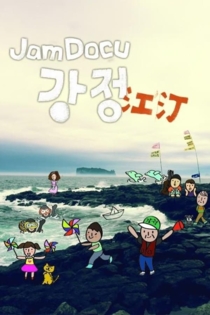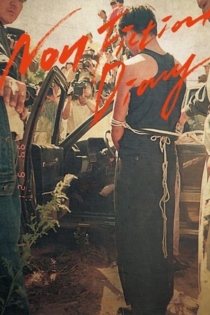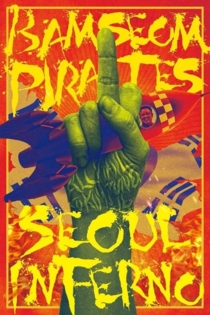
Jung Yoon-suk
1981 (44 года)Jung majored in Plastic Arts at the Korea National University of Arts and Documentary in Graduate school of Korea National University of Arts. JUNG Yoon-suk, currently an artist and a director, have been steadily asking questions about 'publicness' of a state and society through the form of documentary and art. He has been showing his works through domestic and foreign film festivals and exhibitions such as 2010 Vancouver Film Festival, 2011 Busan International Film Festival, and 2012 Gwangju Biennale.
Jam Docu 강정
Kim Tae-il, Choi Jin-sung
Gangjeong Village, located at the southernmost part of Jeju Island's Seogwipo City, is in the true sense a 'breathtaking land of water.' In this film, eight directors independently yet collaboratively orchestrate a clever and humorous "mission" at this place where the groundwork for building a naval military base is in progress.
Jam Docu GangJeong

논픽션 다이어리
Jung Yoon-suk
Chun Doo-hwan, Roh Tae-woo
What happened in Korean society in the 1990s? The film starts with the Jijon-pa (Supreme Gangsters) case. The shocking story is narrated through the discussion by the two detectives who arrested the gangsters, of details of the roundup, data screens, and the death sentence. Nevertheless, Nonfiction Diary’s focus is not on the crime story. Starting from Jijon-pa onwards, the film reflects on the 1990s, when Korea digressed into contemporary history. The Seongsu Bridge and the Sampoong Department Store’s collapses are recalled, followed by the then-government’s punishment of the May 18 Uprising leaders, revealing the Korean legal system’s death penalty status, touching on political and power issues. The audience is reminded that today, 2013, is an extension of that same flow.
Non Fiction Diary

